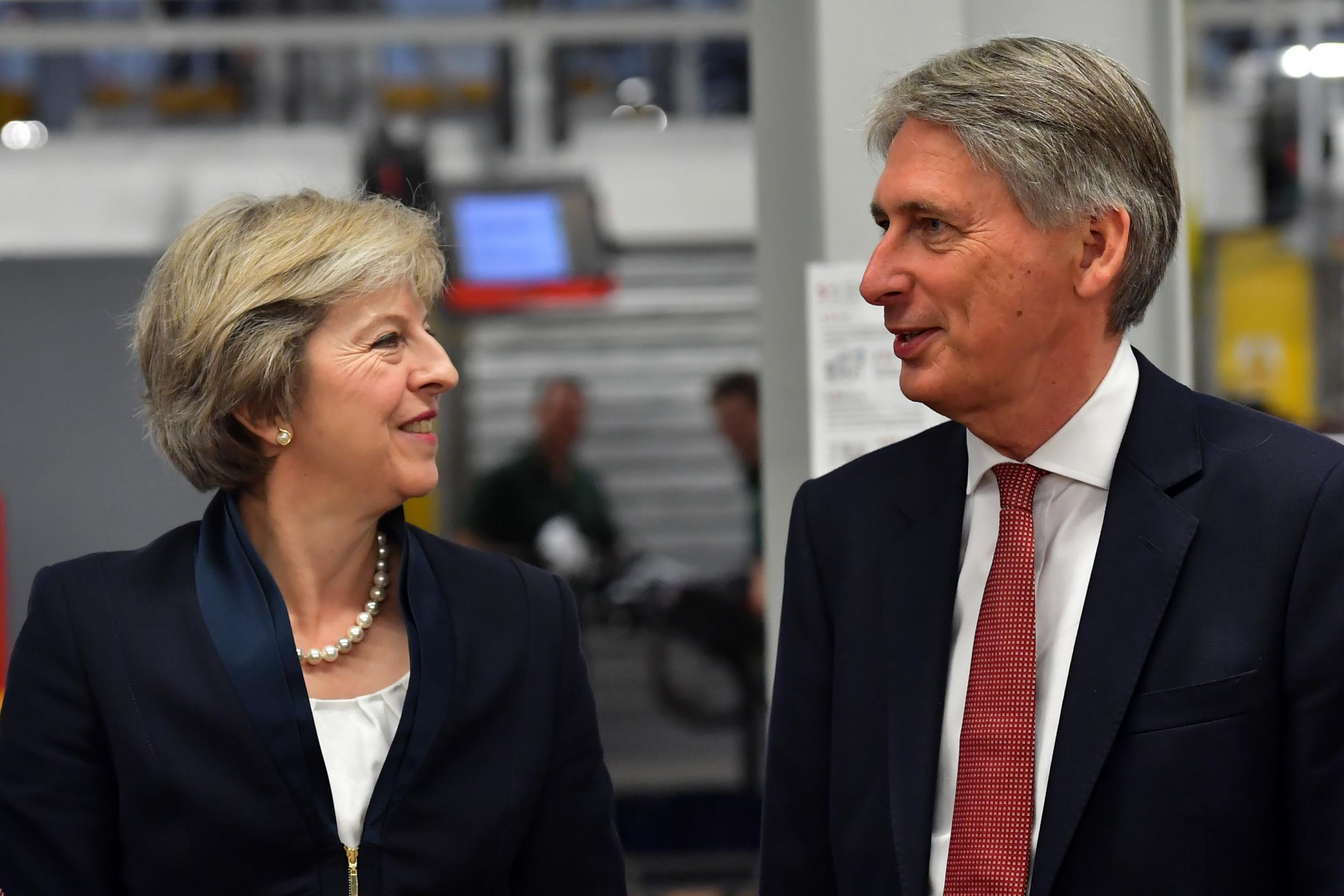There won't be anyone using Heathrow's extra runway if Brexiteers have their way on immigration
To ensure her ‘Global Britain’ vision becomes reality, Theresa May will have to stand up to the Brexiteers who feel more comfortable with splendid isolation


“This decision demonstrates that we can make a success of Brexit and Britain can be that open, global, successful country we all want it to be,” Theresa May said as she trumpeted her Government’s go-ahead for a third runway at Heathrow.
Yet the image the Government often projects to the rest of the world is exactly the opposite. Of course, the Brexiteers say, we will be better off once we free ourselves from a sclerotic EU and strike lucrative trade deals with the rest of the world. But our chances of success in that will be undermined if we look like a country wanting to pull up the drawbridge and keep foreigners out.
That perception is growing, as Theresa May may well discover when she embarks on her first trade mission next month in India. For the Government to have any chance of meeting its crazy target to reduce net migration to under 100,000 a year, it will have to stop people coming in from the growing economies, like China and India, with whom it hopes to increase trade in the post-Brexit era.

Fewer Indian students are coming to Britain’s universities, despite their world-beating status, and prefer the United States and Canada. Education could be one of our greatest “exports” after Brexit, but the “not welcome” sign is getting brighter. The Treasury and the Business Department have tried on several occasions to remove the 430,000 foreign students from the Government’s migration target, arguing that they contribute £11bn a year to the economy (including 12 per cent of university funding). Only 1 per cent of foreign students overstay their visas, according to latest estimates. When they return home, they are often ambassadors for close links with Britain – just what we need in the new world.
But when Philip Hammond, the Chancellor, raised the prospect of excluding students from the figures, he was slapped down by No 10. May, the not quite former Home Secretary, thinks such a move would look a cynical fix to the voters. One Cabinet minister said: “She believes that Cameron and Osborne stopped her hitting the target, and now wants to show them she can do it.” If, as seems likely, foreign student numbers are squeezed to help May’s drive, it will further damage our economy and our reputation abroad.
The rest of the world is watching the UK after the Brexit vote. It is not going to help our economic prospects if other countries think we have turned inward. How else to describe the proposal by Amber Rudd, who seems to be the Deputy Home Secretary, to force companies to publish their number of foreign workers, which was too nasty even for Ukip? Yes, it was hastily withdrawn, but it sent a signal and is part of a pattern. How else to read claims that we will no longer need foreign doctors – another “closed” sign? Or Liam Fox’s revealing comment that the 2.2 million EU citizens now in Britain will be “one of our main cards” in the Brexit negotiations? They are people, not bargaining chips.
Hammond is accused by Brexiteers of being a softy who has gone native at the Treasury because he argues for some low-skilled EU migration after we leave the EU and highlights the risks of leaving the single market and customs union for trade, investment and jobs.
The hardliners want to restrict EU migration to highly skilled posts like bankers. The Chancellor is living in the real world, in which our underfunded NHS and creaking social care system depend on workers from the EU. No wonder many feel unwelcome and worry desperately about their future and some will leave.
After turning its back on the world’s biggest free trade club, Britain is at the heart of the debate over whether “open versus closed” has supplanted the traditional “left versus right” divide. Indeed, some on the left, Jeremy Corbyn included, joined Tory Europhobes in viewing the EU as an elitist superstate, part of the globalisation which left millions behind – even though they have very different views on migration. Donald Trump’s appeal is part of the same picture; his “America first not global first” policy on trade was echoed on the left by Bernie Sanders. Another symbol is the walls going up in parts of Eastern Europe to keep migrants out.
For many, the decision on the EU was a vote for “closed” rather than “open” after the Leave campaign crudely played the immigration card. Despite that, May told this month’s Tory conference: “The referendum was not a vote to turn in ourselves, to cut ourselves off from the world.” To ensure her “Global Britain” vision becomes reality, she will have to stand up to the Brexiteers who feel more comfortable with splendid isolation, even if it damages the economy and hurts the millions who would remain “left behind”. To succeed in the new world, Britain will have to be open and not closed, internationalist and not nationalist.
Join our commenting forum
Join thought-provoking conversations, follow other Independent readers and see their replies
Comments
Bookmark popover
Removed from bookmarks